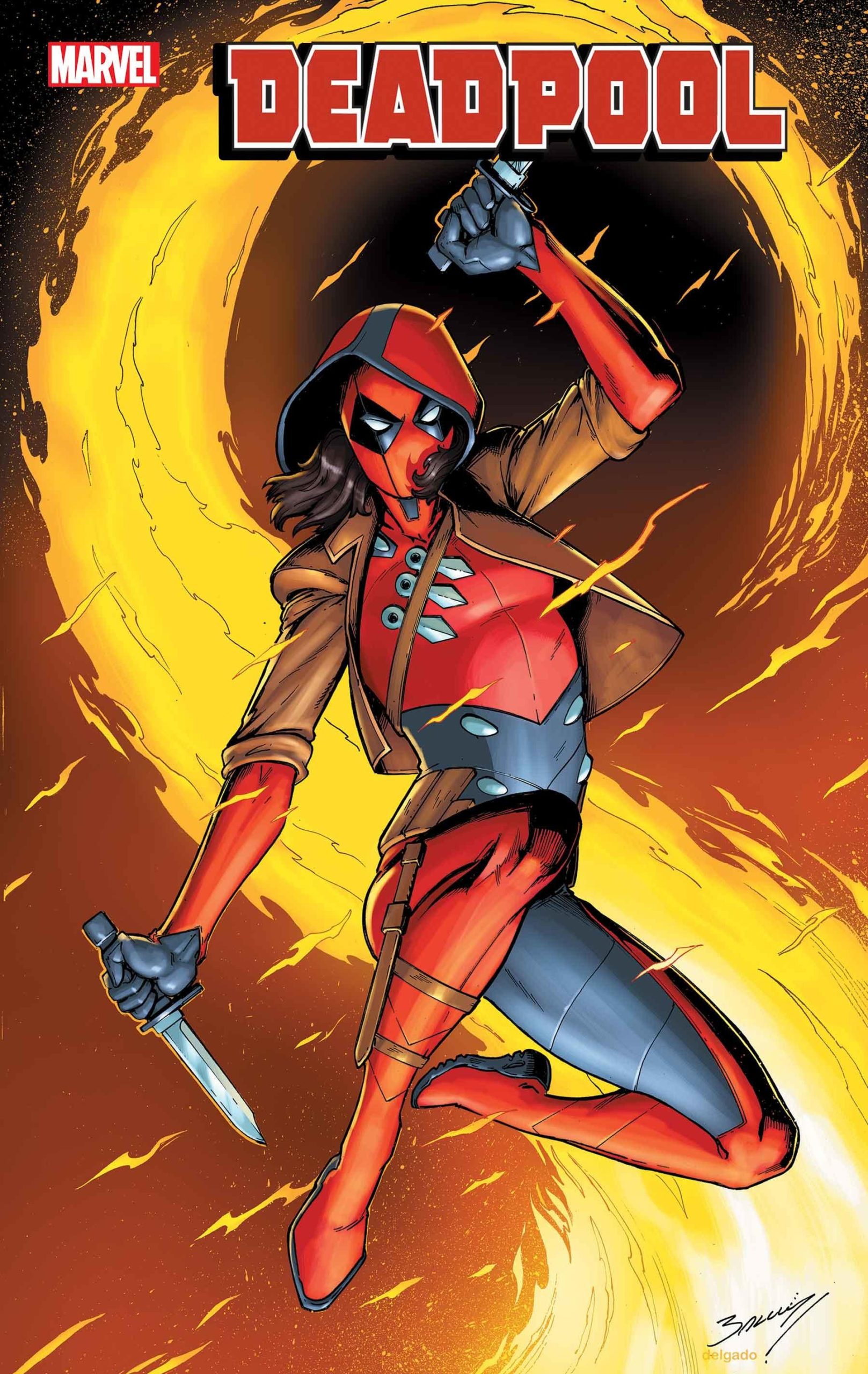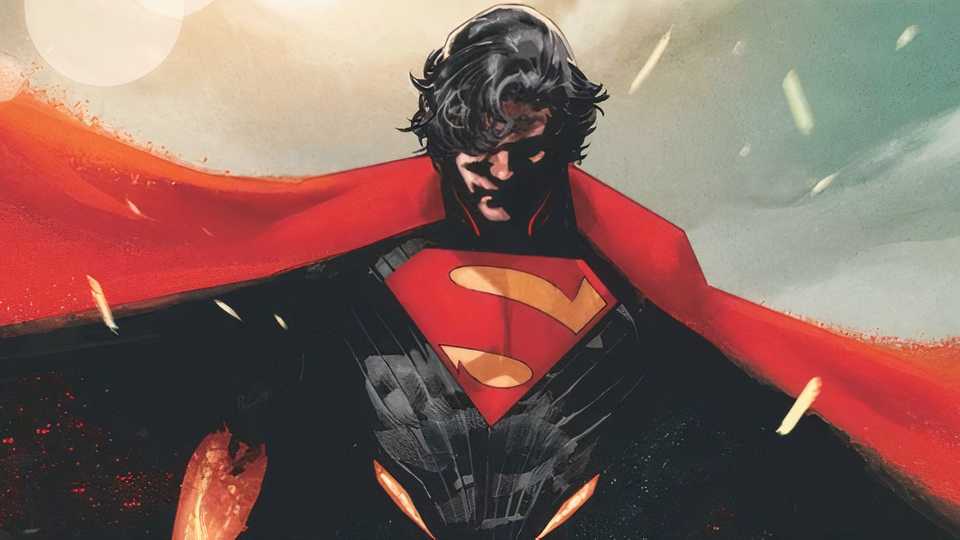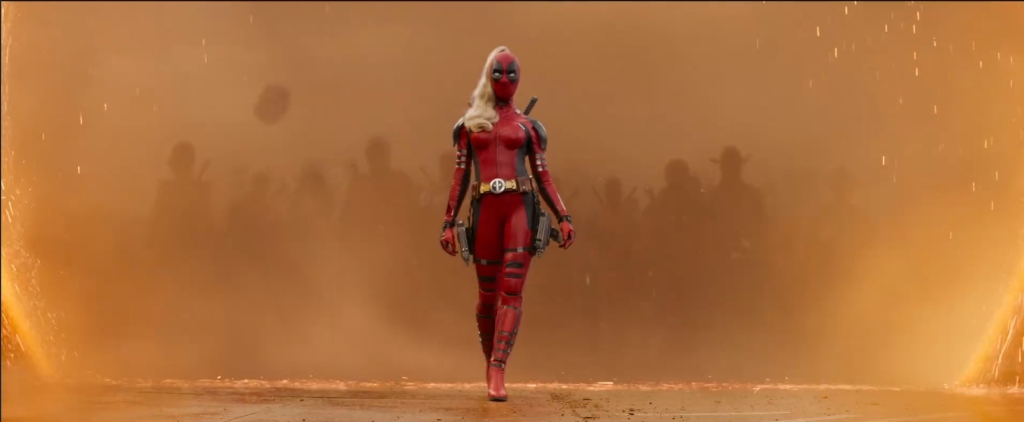1917 Review – Well-Deserved Oscar Win!
Here’s Lorna’s 1917 review! The film recently won an Oscar and its definitely worthy of the Academy Award win. It’s still showing in cinemas!
Hollywood’s biggest night for this year may be over, as the culmination of the film awards season happened yesterday at Sunday evening’s Oscars, but there is no doubt that the Academy winners will be all the buzz in the days to come. In all honesty, I was actually rooting for Sam Mendes’s masterpiece, 1917, to bag the Best Picture award, but I’m also the happiest when Bong Joon-ho’s Parasite was hailed Best Picture, and took home the most awards at the Oscars, including Best Director, Best Foreign Language Film, Best Original Screenplay, Best Production Design, and Best Film Editing. 1917, on the other hand, won three awards—Best Sound Mixing, Best Visual Effects, and most importantly, Best Cinematography by Roger Deakins, which for me, is well deserved.
You might be wondering as to why I had 1917 in mind to win this year’s Best Picture when it’s actually just a war film with little dialogue from its actors. But, truth be told, it’s not your typical epic war film. It’s different from Christopher Nolan’s Dunkirk or Steven Spielberg’s Saving Private Ryan, as it isn’t an action flick with all the loud, pompous, battle scenes, and necessary character arcs to it. I find 1917 comparable to a powerful harpy eagle, digging its pointy claws into my chest –silent but deadly, making a hard and bloody punch scarring me for life.
1917 tells the story of two young British soldiers during the First World War—Lance Corporals Tom Blake (Dean Charles Chapman, Game of Thrones) and William Schofield (George McKay, Captain Fantastic) who were ordered by General Erinmore (Colin Firth, Kingsman) to carry a message to Colonel Mackenzie (Benedict Cumberbatch, Doctor Strange) of the Second Battalion of the Devonshire Regiment. They have to call off a scheduled attack that would endanger the lives of 1,600 men, including Blake’s brother, Lieutenant James Blake (Richard Madden, Game of Thrones). This was after the aerial reconnaissance observed that the German army, which has pulled back from a Western Front in northern France, is not actually in retreat, but has made a strategic withdrawal to the new Hindenburg Line, where they are waiting to attack the British with artillery. Since the field telephone lines are cut, the two soldiers have no other choice but to leave the British trenches and go on foot, deliver the message the earliest time possible, and prevent Colonel MacKenzie’s men from falling into a trap.
This movie is based on real life as told to Mendes by his paternal grandfather, Alfred Mendes.
We all know what wars are actually made of—there is a lot of pain & suffering involved, and traumatizing, ugly experiences that are unexpected and far from entertaining, all of which are overwhelmingly depicted in 1917. I think I have never been so stressed out just by watching a film, yet I couldn’t take my eyes off of the screen.
The scenes are just visually stunning and haunting at the same time—from images of the claustrophobia-triggering trenches, bombed out and burning cities, and rat-infested bunkers in a booby trap filled basement, 1917 painted war like hell. Mad props to its cinematographer, Roger Deakins (Blade Runner 2049) for doing a splendid job on this one. He truly deserved his award for that beautiful cinematography, and for that seamless, continuous single take technique used in this flick. Those long shots are what I would call “cinema gold.” Mendes and Deakins also made sure that the viewers would feel like they were right there exactly in the war zone. The whole cinematic experience felt like you were actually playing an RPG, getting you so tensed and riveted to your seat, as you go through the trenches and the battlefield with Lance Corporal Schofield, while looking out for snipers. I’m sure I wasn’t the only one in the audience who was left breathless and muttering little curses, as unfortunate events were tossed out on the screen, like a hellish Aivazovsky battle painting. I also appreciate the fact that there wasn’t that much blood and gore in this film but focused more on realistic slow deaths and images of dead bodies of soldiers instead.
Mendes didn’t glamorize on violence in this film, but gave us a peek into field glasses of how it was like during those dark days, making the audience a part of the journey of the lead characters in this film as if they’re partaking in it too in “real time.” Viewers are turned into witnesses to the horrors of war in this powerful, cinematic, and emotional film that felt very personal and intimate from start to finish.
Aside from the excellent use of light and color, impressive editing, score, and cinematography, the cast were superb too in their acting. George McKay just shone in this film—you would strongly empathize with his character as you feel his emotional and physical exhaustion throughout the movie, and all that you want to do is to hug and comfort him, while silently weeping under a white cherry blossom tree.
1917 shows us what war can do to people—it can quickly break families apart, make a tough and headstrong person turn into an emotional and helpless little child, and how bravery and courage can turn someone into a selfless hero, willing to sacrifice his own life to save others. But the major takeaway here, is for us to learn the brutal horrors of the past wars and may we and the future generations make the right and humane decisions, so that we do not have to go through the same devastating experiences too.
1917 is that timeless jewel that’s worth seeing on the big screen. I recommend for you guys to see it in Dolby for an enhanced experience. 1917 is directed, co-written, and produced by Sam Mendes, and is now showing in Philippine cinemas nationwide, with a running time of 1 hour and 59 minutes, and an R rating for violence, some disturbing images and language.
1917 Review – Verdict
10/10
Special thanks to UIP-Philippines for the chance to see the movie!






















